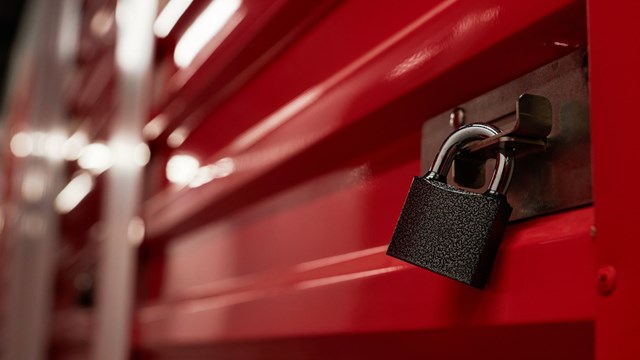—Nervous Co-op Purchaser
“The financial study from a shareholder’s standpoint needs to be divided into two areas. First, the operating results have to be reviewed, as well as the current budget and then the reserves should be considered. From an operating standpoint you need to know if there was a surplus or deficit compared to budget for the latest fiscal year.
“If there was a surplus, you have a good start. If there was a deficit, you need to determine if the maintenance has been raised since that time to cover the deficit. In addition, you need to find out if there is a budget in place for the current fiscal year. You need to keep in mind that in most buildings heating costs have risen dramatically, electric rates have increased over twenty percent, and water and sewer rates were increased 14.5 percent this past July 1st. In addition even though real estate prices have leveled out or gone down in many areas, real estate taxes are increasing as well. If there has been no provision for these rising costs, maintenance or other revenue might have to be raised to cover this deficit. You will need to be aware of the possibility of a maintenance increase shortly after you purchase an apartment.
“In regard to the reserves, you need to know what funds will be available if the board needs to fund a major repair or capital improvement. You should review the board minutes for the past few years, which may discuss capital improvements that may be required. You should also get a history of past capital improvements so you know what has already been done. If the building has done a lot of work recently, the reserve fund may not be low, but will need replenishing. If work is required such as Local Law 11 façade repairs or other capital improvements, you should find out what costs are anticipated. In addition, you should determine if the board has a line of credit available to supplement reserves. In addition, if the mortgage matures in the next few years, additional funds may be obtained from the refinancing for capital repairs. Absent other sources of funds and assessment may be required for capital items. You should determine if the building has had previous assessment and how those funds were used.”







Leave a Comment